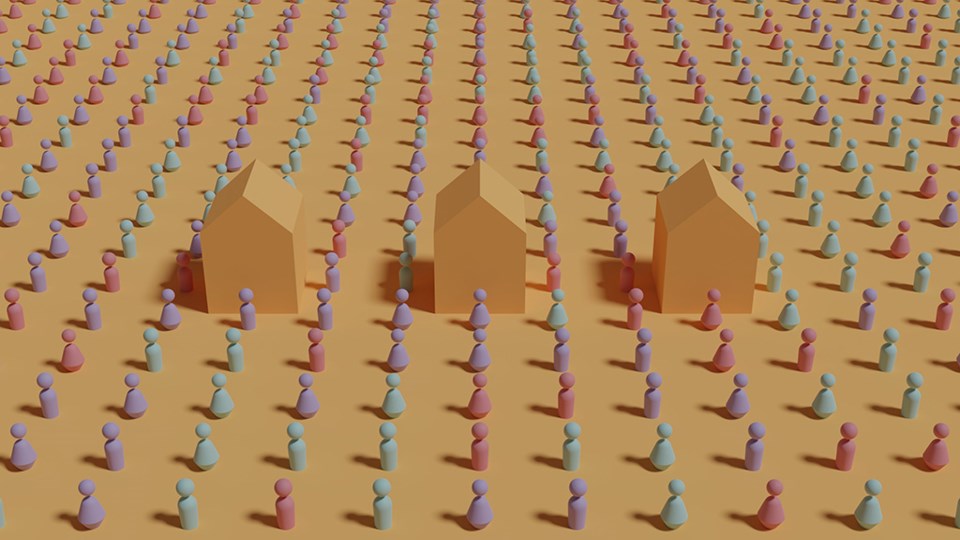WEYBURN - Canadians can save for a home tax-free using the First Home Savings Account (FHSA). Prospective first-time home buyers can contribute or transfer from their RRSP up to $40,000 towards buying or building their first home.
Like an RRSP, contributions made to an FHSA are generally tax-deductible. Up to $8,000 in FHSA contributions made by December 31, 2023, can be claimed as a deduction on the 2023 income tax and benefit return. Qualifying withdrawals, including investment income on contributions and transfers, are non-taxable when withdrawn to build or buy a qualifying home.
As of December 5, 2023, more than 300,000 Canadians have opened an FHSA to save for a down payment on their first home.
Who is eligible to open an FHSA
Any resident of Canada who is 18 years of age and not more than 71, as of December 31 of that year, and who is a first-time home buyer, is eligible. Learn more: Opening your FHSAs.
Try the new estimator tool
Looking to get an idea of how much you could save for a down payment for your first home? Check out the FHSA estimator. It has built-in limits to reflect the annual limit of $8,000 and the $40,000 lifetime limit. Based on your approximate yearly taxable income and province of residence, you can also estimate your potential tax savings, including investment growth, on the contributions and transfers you make to your FHSAs.
How to open an FHSA account
You can open an account through any FHSA issuer (bank, credit union, trust or insurance company), who is offering this registered plan. Your issuer will advise you on the types of FHSAs and the qualified investments they can hold.
To open an account, you must do the following:
- Contact your issuer.
- Provide the issuer with the information they need to register your FHSA, including:
- your social insurance number
- your date of birth
- any supporting documents your issuer may need to certify that you are a qualifying individual
Are the contributions deductible?
Contributions to your FHSAs are generally deductible on your income tax and benefit return. Transfers from your RRSPs to your FHSAs are not deductible.
Is there a contribution/transfer limit?
Yes, whether contributing to or transferring from your RRSPs to your FHSAs, there is an annual limit of $8,000, including the year that you open your first FHSA. There is also a lifetime limit of $40,000 for an FHSA.
What happens if I don't contribute or transfer the maximum yearly amount?
You can carry forward your unused FHSA participation room at the end of the year, up to a maximum of $8,000, to use in the following year.
Can I have more than one FHSA?
You are permitted to hold more than one FHSA, but the total amount contributed or transferred to all of your FHSAs cannot exceed the annual and lifetime limits.
When to close an FHSA
In order to avoid unintended tax consequences, all of your FHSAs will have to be closed by December 31 of the year in which the earliest of the following events occur:
- the 15th anniversary of opening your first FHSA
- you turn 71 years of age
- the year following your first qualifying withdrawal from your FHSA
What if I need to close my FHSA and I haven't used it to buy or build my first home?
If you have an amount in your FHSA and you need to close it, you can generally transfer the amount directly into your RRSP or RRIF on a tax-deferred basis.
If you withdraw the amount from your FHSA, you must include it as income on your income tax and benefit return for the year it is received.
Need more information?
To learn more, visit the First Home Savings Account (FHSA) web pages.




